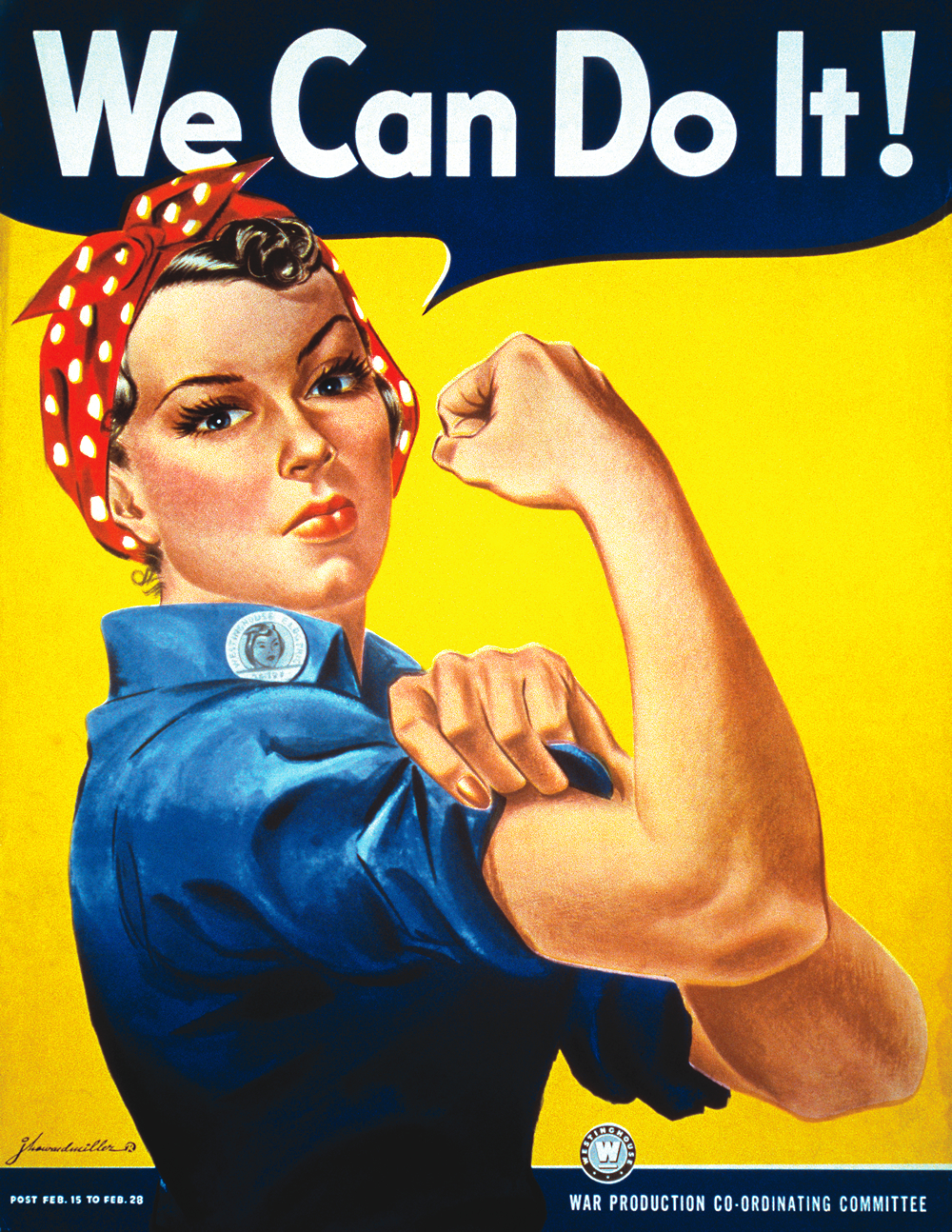We versus I: The politics of a pronoun
I've had the great fortune in the past few months of working with a number of editors on my prose and poetry. (details will follow about these publications; please be patient) To set the record straight, editors are in general much softer critics than most of my fellow authors. On the other hand, they know what they like, and select work because it already possesses something they want. However, I have had to defend one particular choice of words more than any other lately. You see, the use of "we" as opposed to "I" in a first person narrative or poem of personal experience seems to be somewhat suspect.
 The choice to use "we" is about an assumption. Togetherness is a fragile thing, and when a character or speaker uses "we," there is an implied relationship that may or may not exist. In fact, I love "we" for its fragility. When we use "we," we simultaneously accept the authority of others and sidestep the concept of ourselves as solitary and inaccessible. This is a particularly important conceit in political or social subjects because these subjects are only about "you" or "I" when there is a power struggle. I would even go so far as to say when a character uses "you" and "I," they are actively opposing the notion of a body politic or a community. Unfortunately, this also relegates most people to irrelevance, and is a direct attack on the importance of the many. I put it to you, dear readers, that when a politician starts using "I" overmuch, s/he is engaged in a maneuver to distance themselves from reproach, scrutiny, and accountability. In some cases this is warranted, but I suggest we heighten our vigilance whenever "you" or "I" stands in the place of "we" when "we" is clearly the more important consideration.
The choice to use "we" is about an assumption. Togetherness is a fragile thing, and when a character or speaker uses "we," there is an implied relationship that may or may not exist. In fact, I love "we" for its fragility. When we use "we," we simultaneously accept the authority of others and sidestep the concept of ourselves as solitary and inaccessible. This is a particularly important conceit in political or social subjects because these subjects are only about "you" or "I" when there is a power struggle. I would even go so far as to say when a character uses "you" and "I," they are actively opposing the notion of a body politic or a community. Unfortunately, this also relegates most people to irrelevance, and is a direct attack on the importance of the many. I put it to you, dear readers, that when a politician starts using "I" overmuch, s/he is engaged in a maneuver to distance themselves from reproach, scrutiny, and accountability. In some cases this is warranted, but I suggest we heighten our vigilance whenever "you" or "I" stands in the place of "we" when "we" is clearly the more important consideration.
On a more personal note, poems about relationships from the so-called confessional school of poetry have, in my opinion, dwelt too long on the notions of "I" as if a relationship were not composed of more than one individual. I understand why we are drawn to think of the world from one unique perspective that is authentic, but this dissolves the very real and amazing phenomenon of cooperation and unity. So many things in our modern existence are a direct result of the efforts of the many, not the individual, and I for one think the individual gets adequate due, while the "we" is marginalized and misunderstood. This disproportionate emphasis does us a disservice, not only in how we praise or ignore our accomplishments, but also in how it blinds us to the benefits and pitfalls of joining others in a mutual struggle or endeavor. I hesitate to speak of good and evil in this context, but without our connection to others, we are essentially moral-less and numb to our social and political existences. Therefore, I shall defend unto the redaction of my work that "we" is the only appropriate and great pronoun for certain poems and stories. So, if you pick up any of my publications in the coming months, look for the "we" or "our" or the "us" and ask yourself if you are comfortable with being included. That is the question I want us all to consider, because I think our attention to us is long overdue.
-f. f. white
